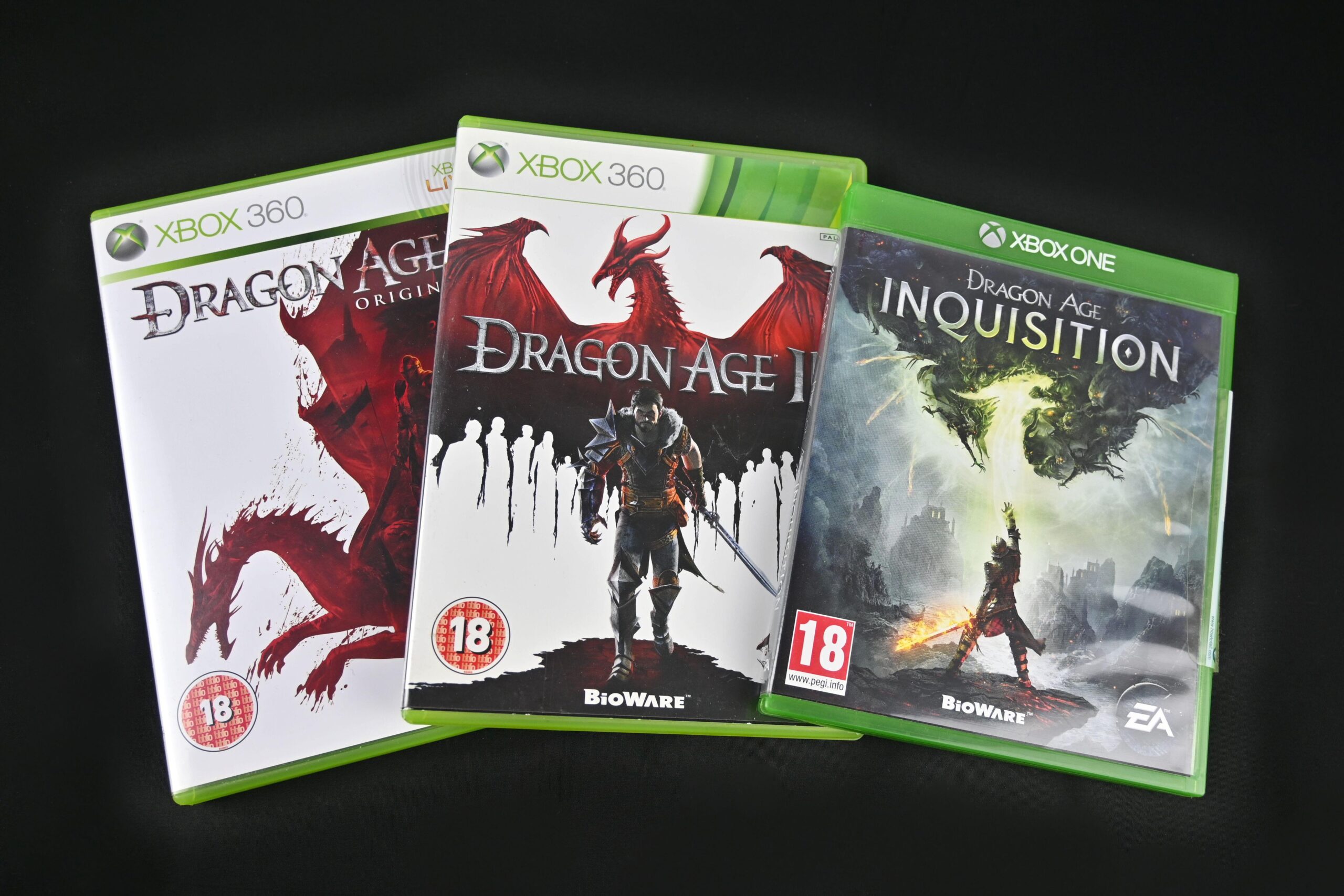In 2025, RPG remakes such as Dragon Quest III HD-2D Remake and Gothic 1 Remake are pouring into the gaming world and igniting a firestorm of controversy. The purpose of these games is to bring back popular classics. However, do they really need to be made, or are they simply milking nostalgia?
Through examining the social and emotional history, this article explores why RPG remakes are welcomed, how society views them, and whether they have a valid purpose or can flood the market with reused content.
The Nostalgic Power of RPG Remakes
Firstly, RPG remakes bank on nostalgia, reminding gamers about happy memories. Games like Dragon Quest III HD-2D Remake remind gamers of playing video games as kids, relived through new graphics and polished gameplay. They also uncover classics for new players who might not enjoy outdated graphics or controls.
With the assistance of current technology, developers refine clunky mechanics, so games such as Fate/Extra Record remain playable. This blend of nostalgia and accessibility drives demand, but makes it difficult if the business is too reliant on past success.
Maintaining the Core RPG Experience in RPG Remakes
In particular, great RPG remakes preserve the genre-defining aesthetic, character progression, deep narratives, and immersive worlds. Yet update technical components. To illustrate, Dragon Quest III HD-2D Remake continues to have turn-based battles and party customization, core components of the RPG style and aesthetic, but employs an aesthetically stunning HD-2D presentation.
This approach honors the original while appealing to veterans and newcomers alike. Straying too far away from the RPG aesthetic, however, will alienate devotees, highlighting the thin line developers must traverse.
Community Opinion – A Poles Apart Fanbase
The gaming public is split on RPG remakes, though. Some fans, for instance, defend remakes of such iconic titles as Chrono Trigger based on their cultural significance. In contrast, others believe that games like Persona 4 Golden are just as they should be. Meaning that remakes would water down their appeal.
Critics also worry that prioritizing remakes equals taking money away from new RPGs and potentially killing off creativity. While Dragon Quest III is receiving praise for its faithful remake, some feel that not every classic needs to be revamped in the modern age, especially if the original is still playable.
The Danger of Oversaturation
Moreover, the tide of RPG remakes promises to result in market oversaturation. With titles like Dragon Quest I & II HD-2D Remake and Fate/Extra Record scheduled for 2025, publishers may choose safer bets over riskier new releases. Remakes leverage existing fan bases to guarantee financial success. On the flip side, this can overshadow original titles such as Baldur’s Gate 3 with this focus.
Bad remakes can also frustrate fans by altering popular elements. A great example, such as the ill-received PlayStation version of Chrono Trigger, demonstrates the risks associated with overdependence on nostalgia.
Balancing Nostalgia and Innovation with RPG Remakes
Remakes of RPGs also call attention to a bigger problem: balancing innovation and nostalgia. While remakes like Gothic 1 Remake offer new mechanics, they usually borrow from current intellectual property. This may limit new RPGs.
Successful remakes like Dragon Quest III add value by adding more content, like bigger monster arenas. The industry, however, must ensure that remakes are not the highlight at the expense of original games. Games like Kingdom Come: Deliverance 2 point towards an avid interest in new RPGs. This means that the developers need to invest in saving history and creating new stories.
Ultimately, RPG remakes have a twofold function: saving gaming history and making classics fun. The strength of nostalgia and the benefits of new tech make them appealing. However, varied reactions from the community stress the balance.
Although some titles, such as Dragon Quest III, manage to pay respect to the past, too much focus on remakes would smother innovation. By producing remakes that uphold the RPG format and pouring money into fresh stories, developers can keep the fans happy while innovating the genre.

